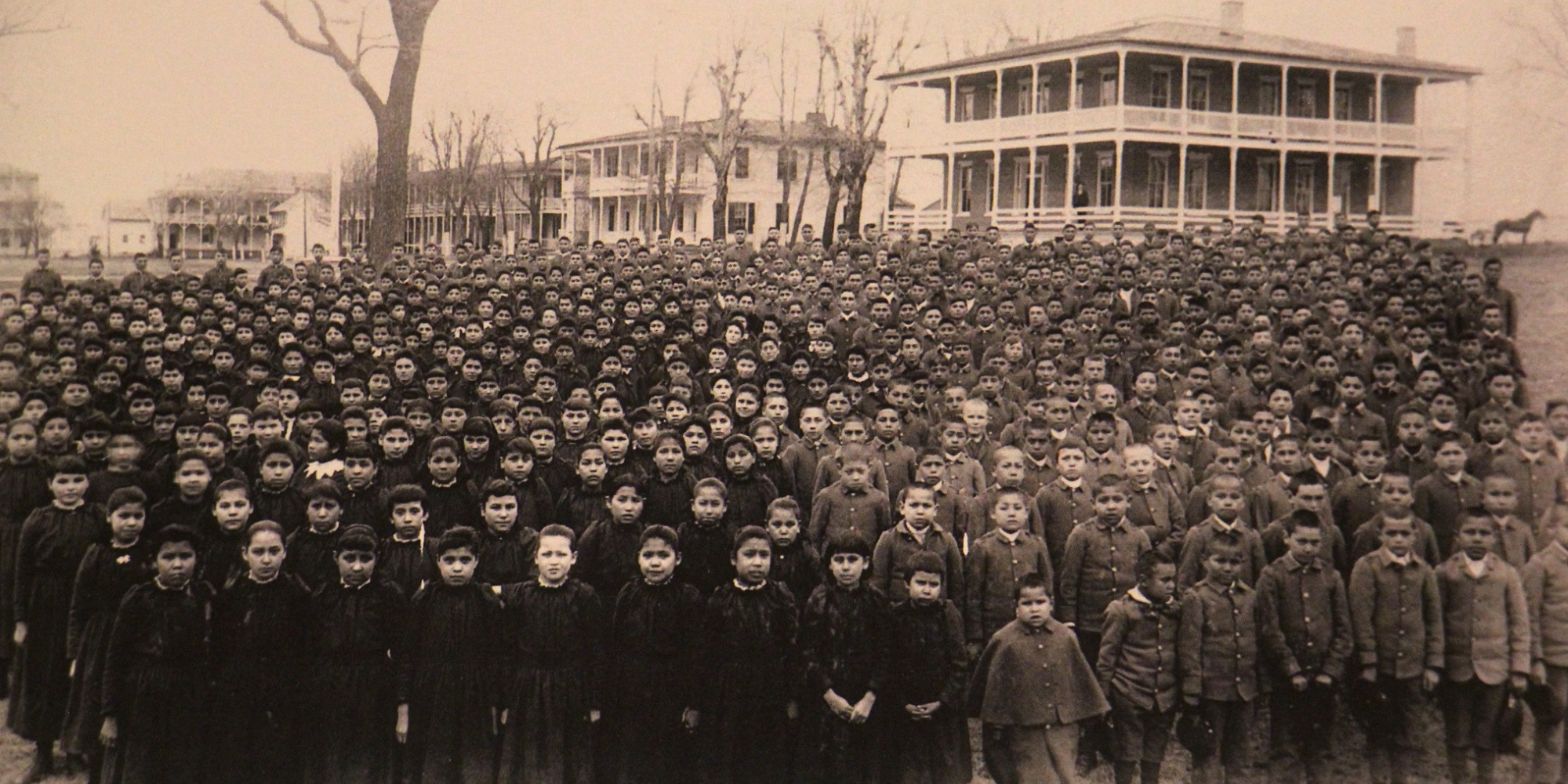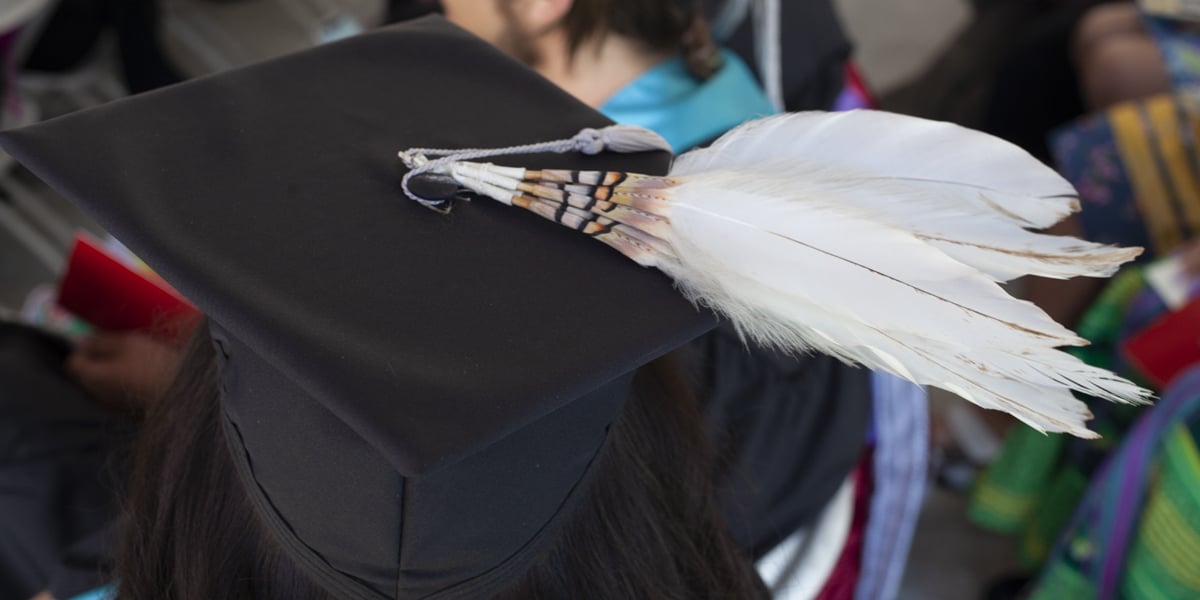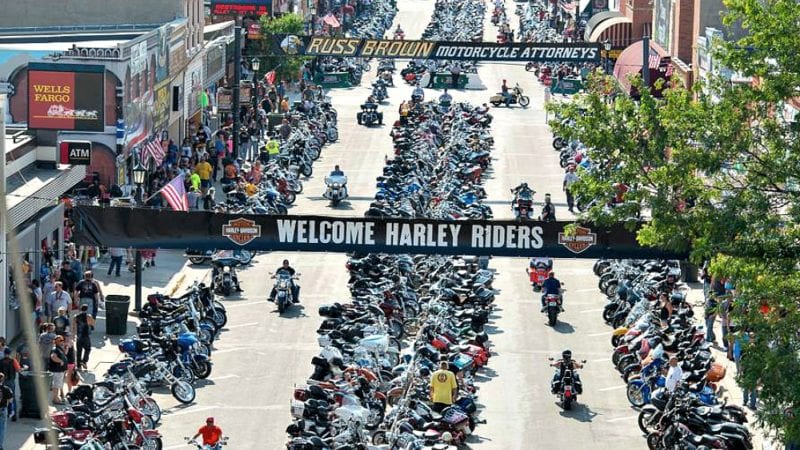My Native Hope
Sharing the voices of Native Americans. These are not just statistics. These are our friends, our families, our people.
We asked Native leaders and innovators: "What is your Native Hope?"
To celebrate Native American Heritage Month, Native Hope would like to celebrate the hopes of today’s Native American people. Often, the focus has been placed on yesterday’s heroes, but our goal is to feature today’s leaders and innovators—giving voice to the here and now.
The current situation in Indian country can seem grim. There are widespread poverty and addiction, sexual abuse and violence, and epidemic levels of suicide. The fact is, a great American injustice is happening right in our backyard.
But these Native people and Native voices are speaking up, sharing their hopes and dreams for their peoples. They believe in the reality of a better future for the next generation of Native youth and Native communities.
Join us in celebrating hope.
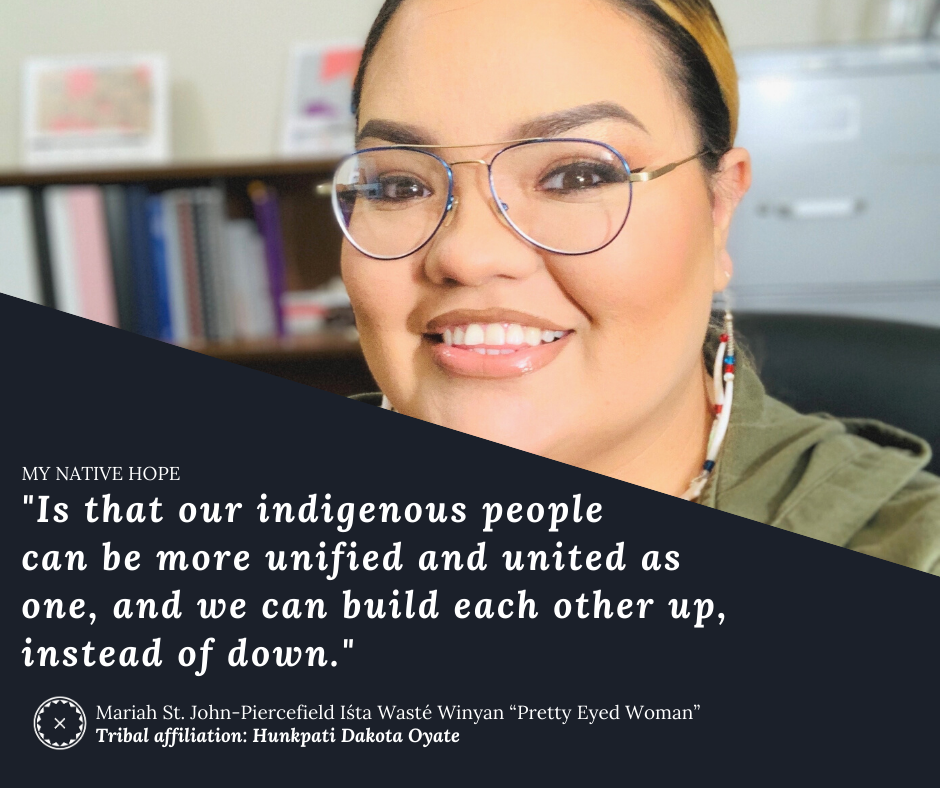
-1.png)
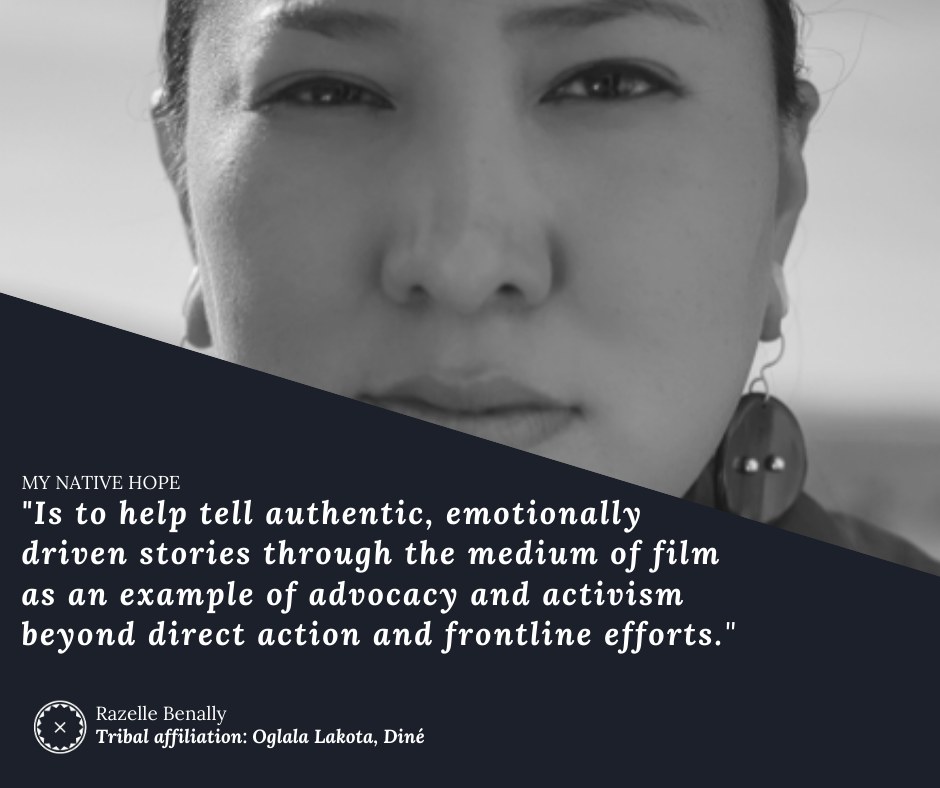
.png)
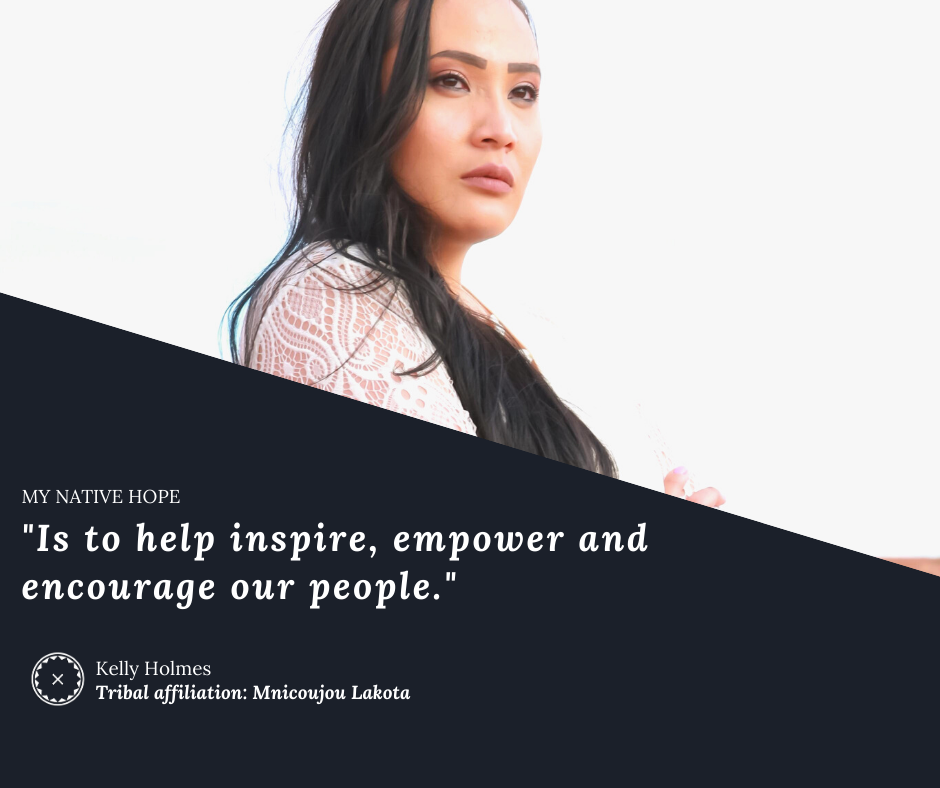
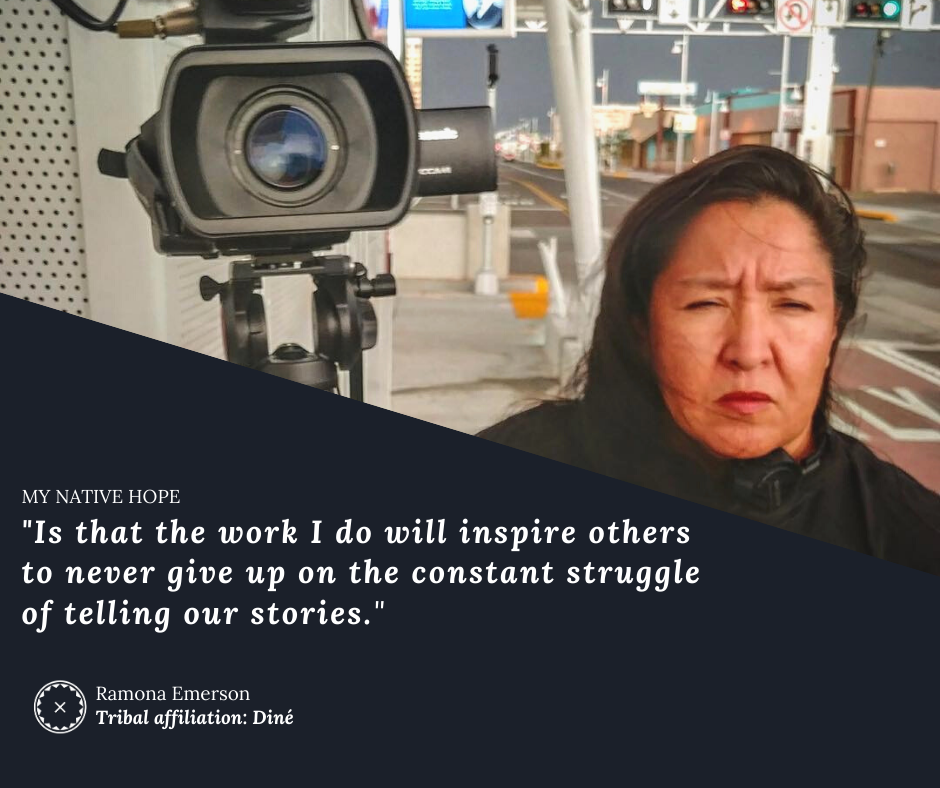
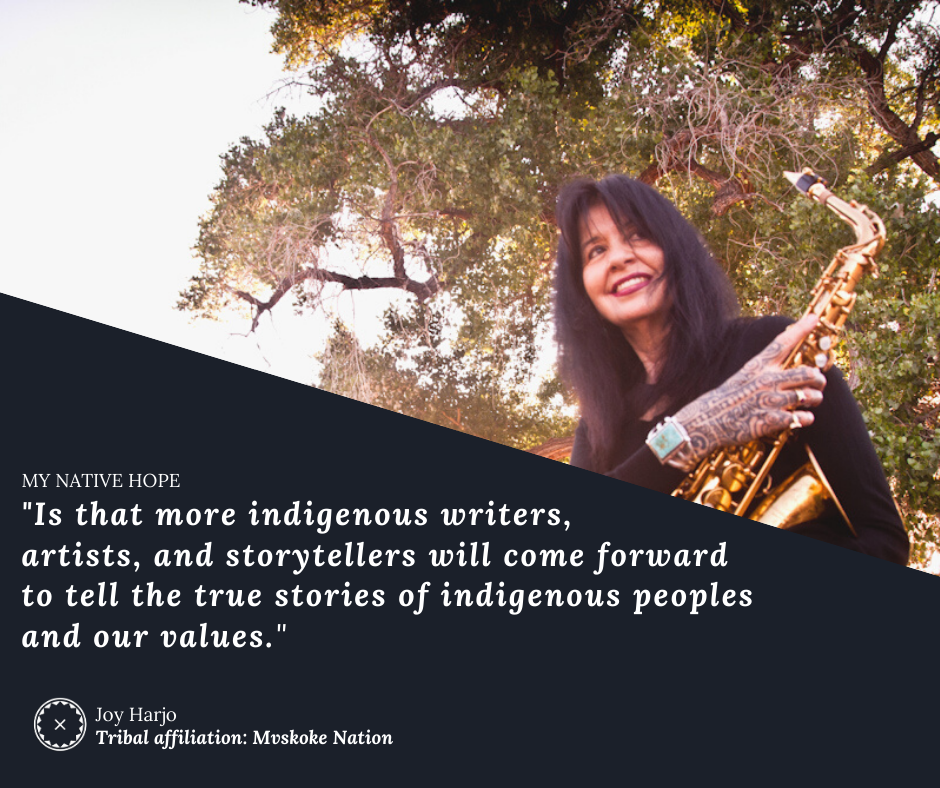
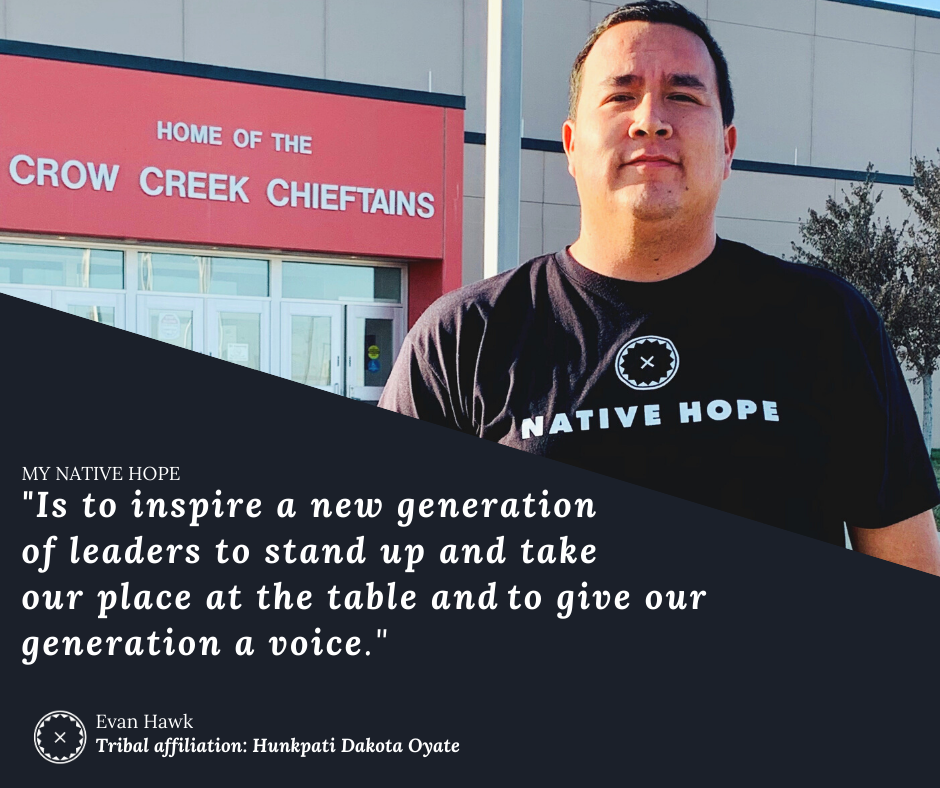
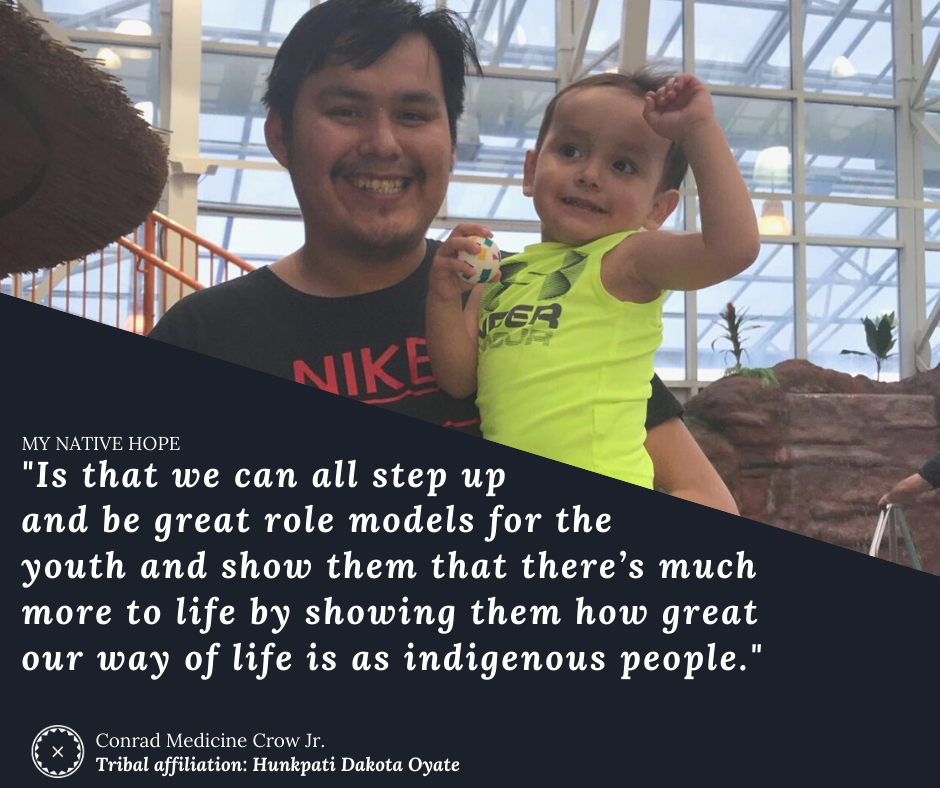
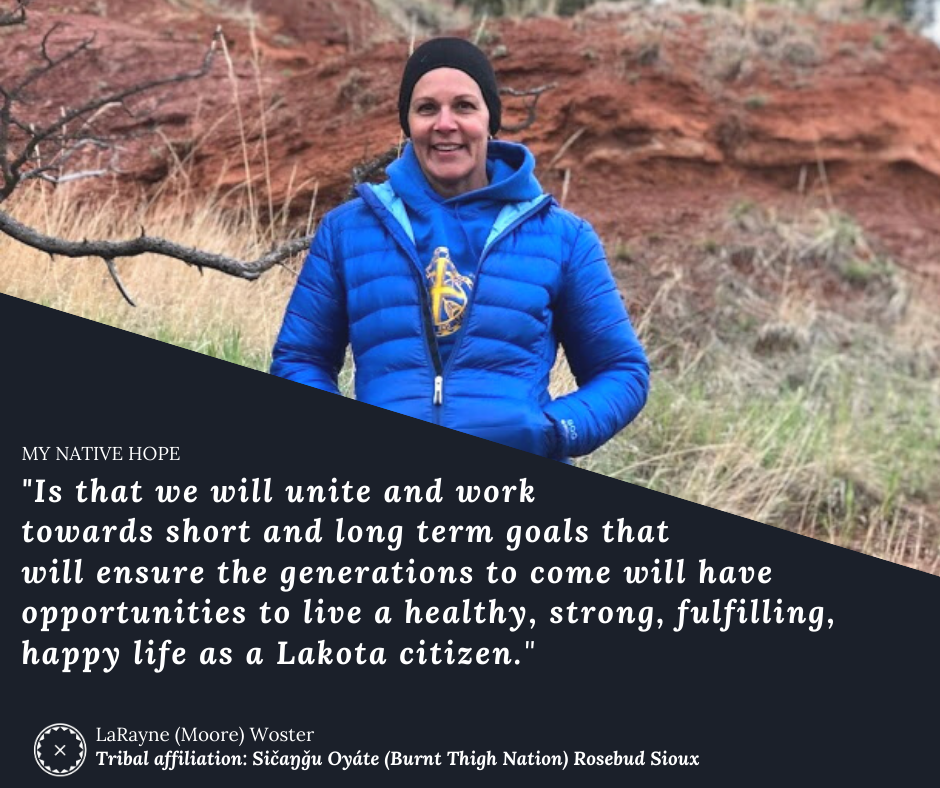
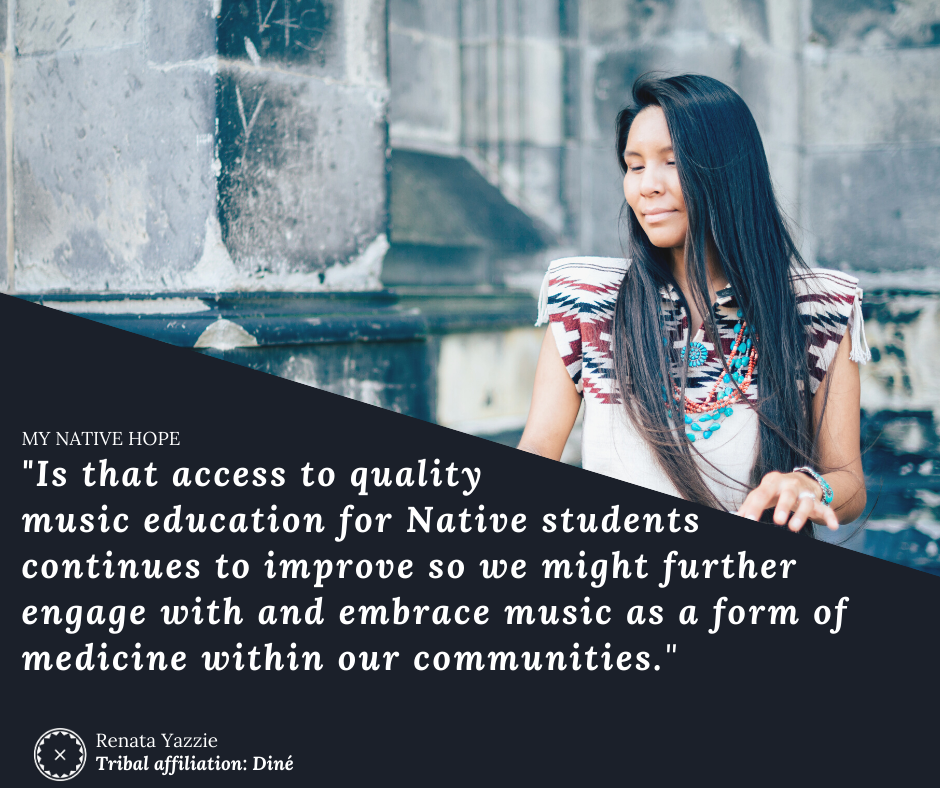
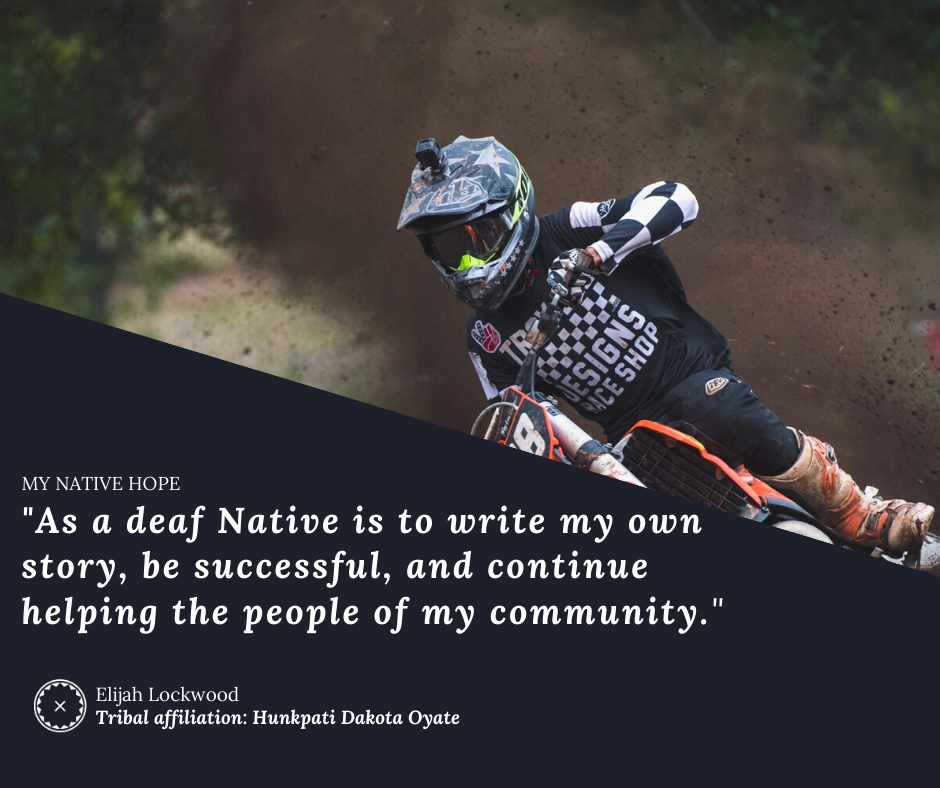
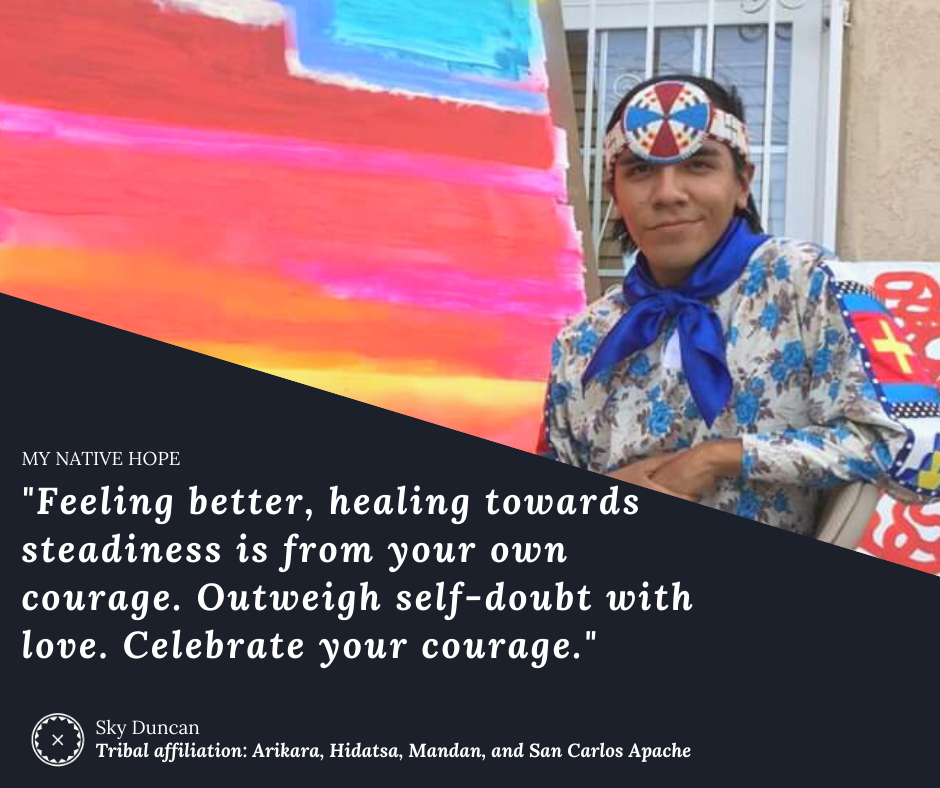
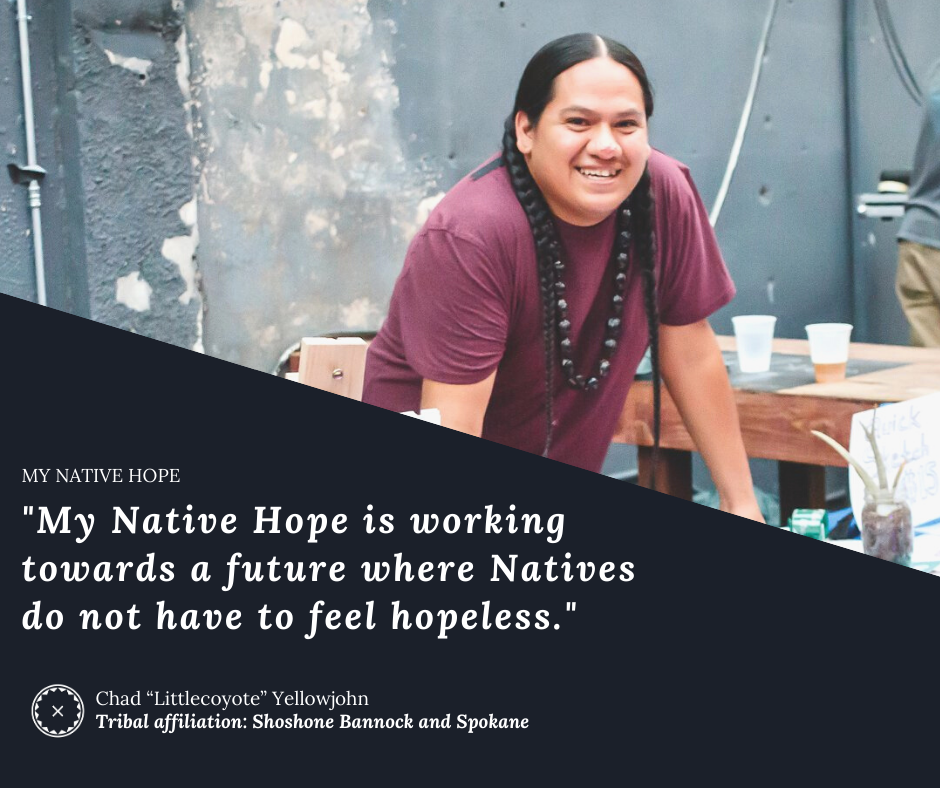
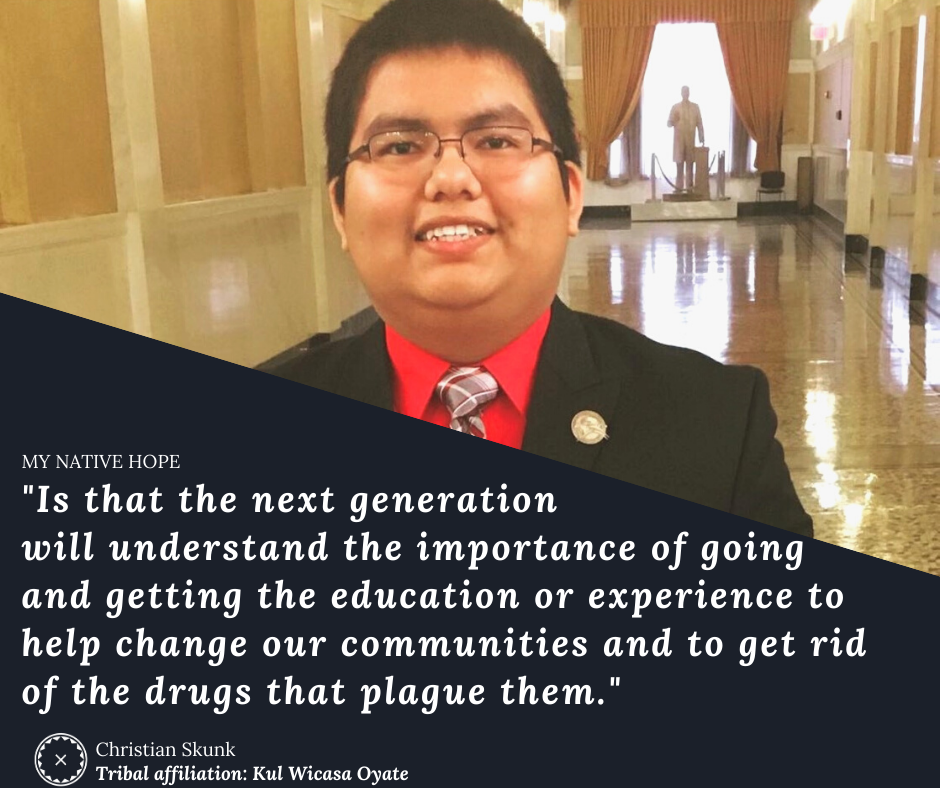
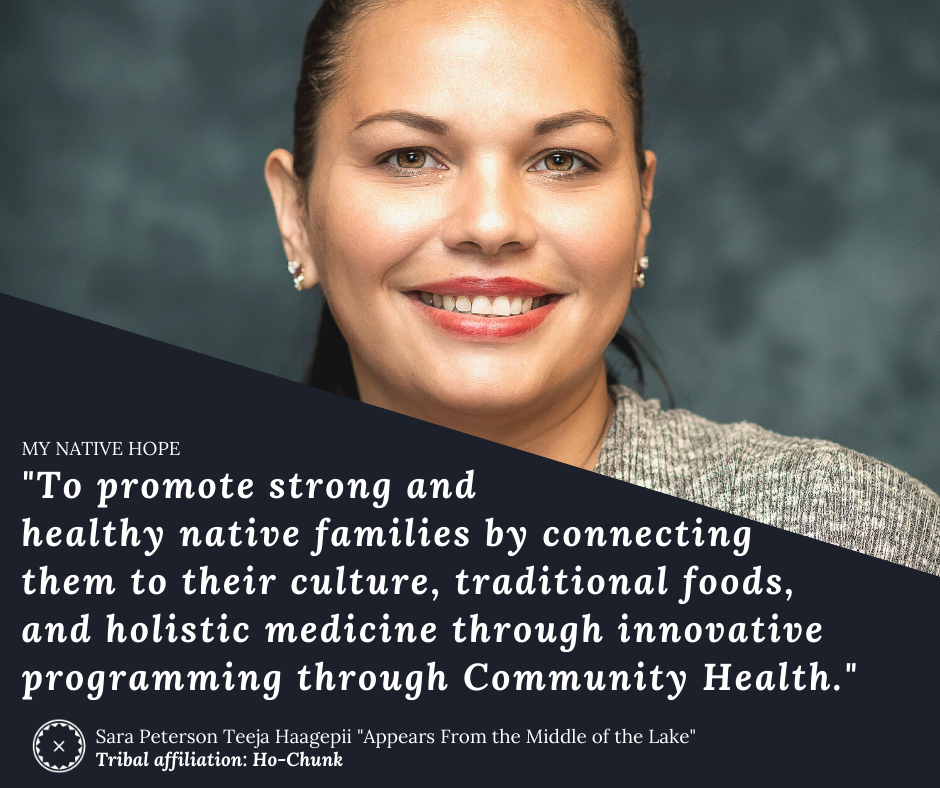
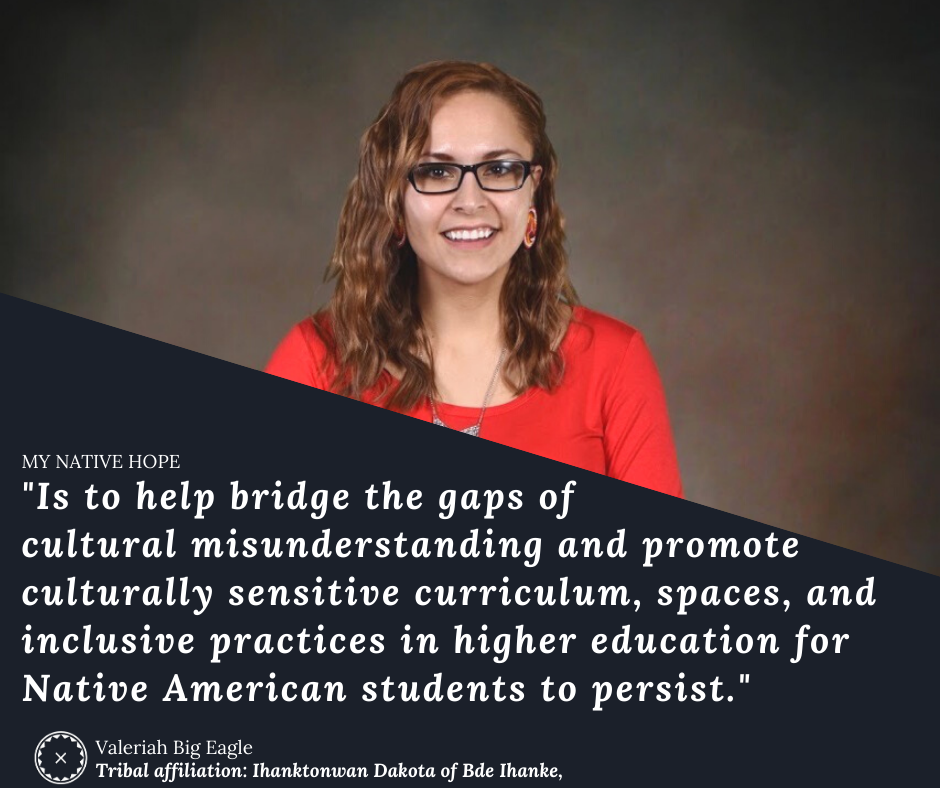
.png)
.png)
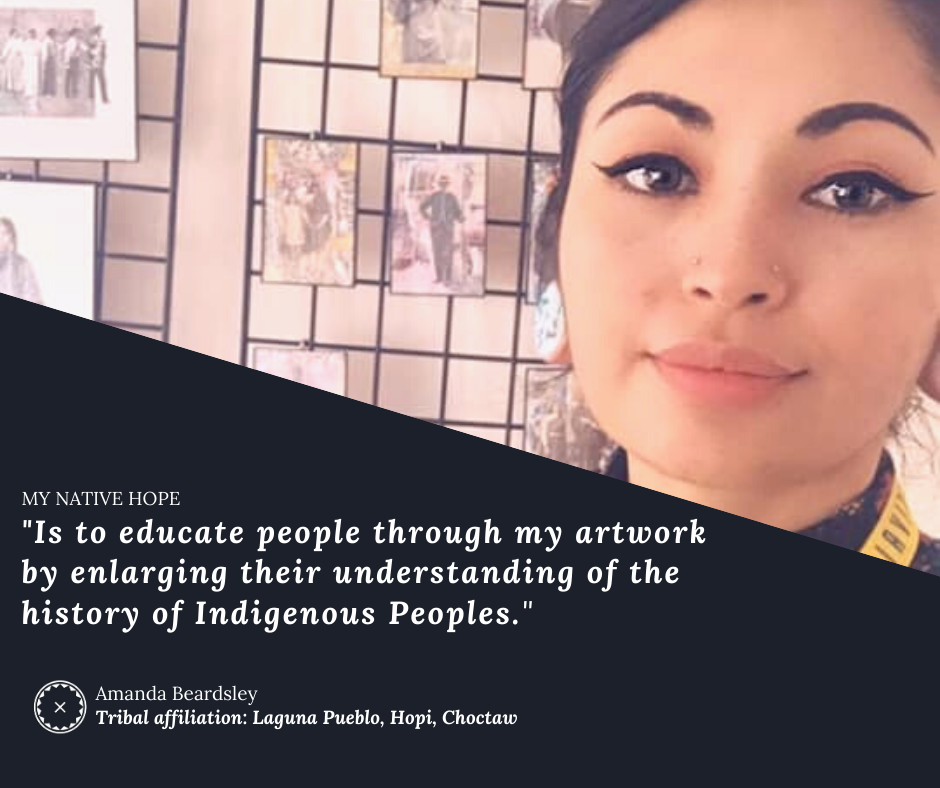
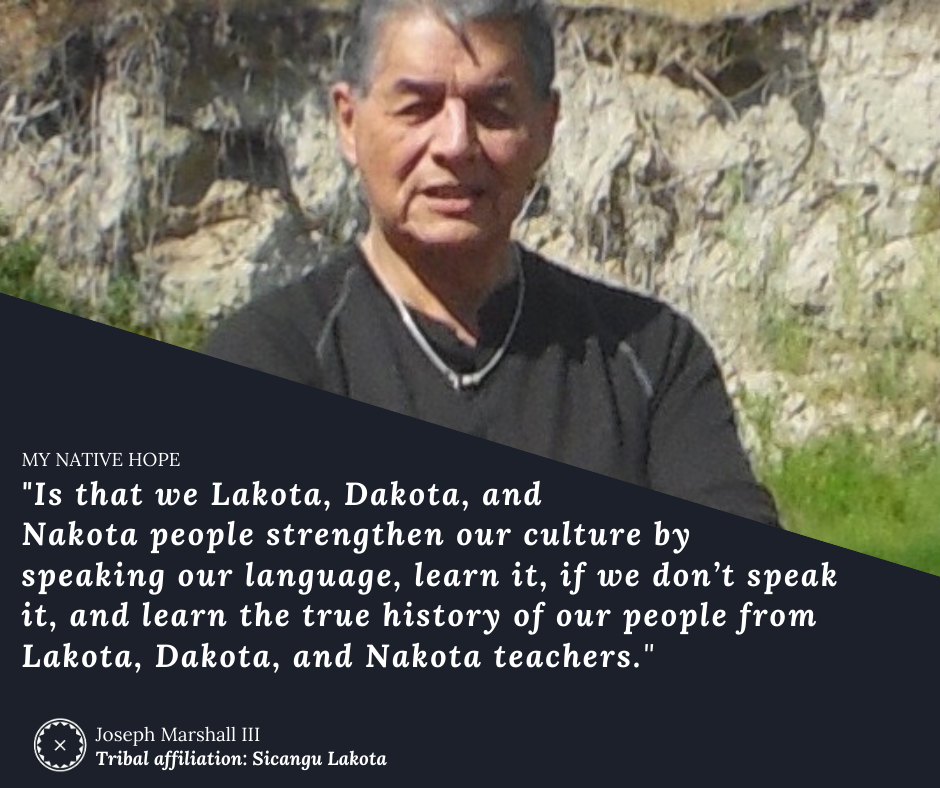
.png)
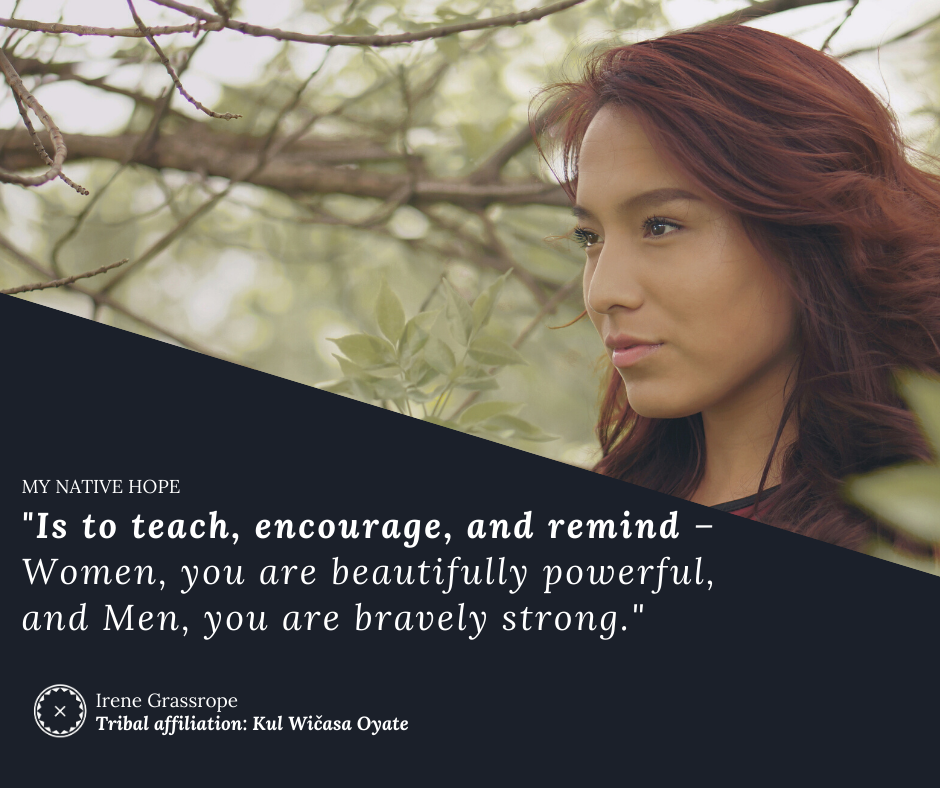
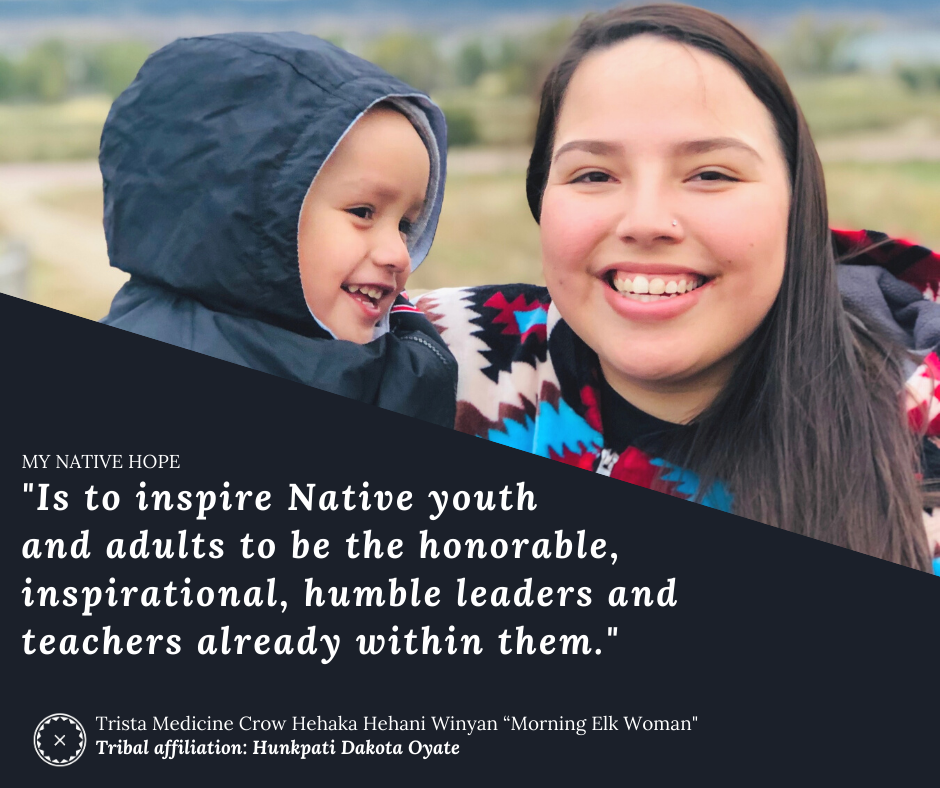
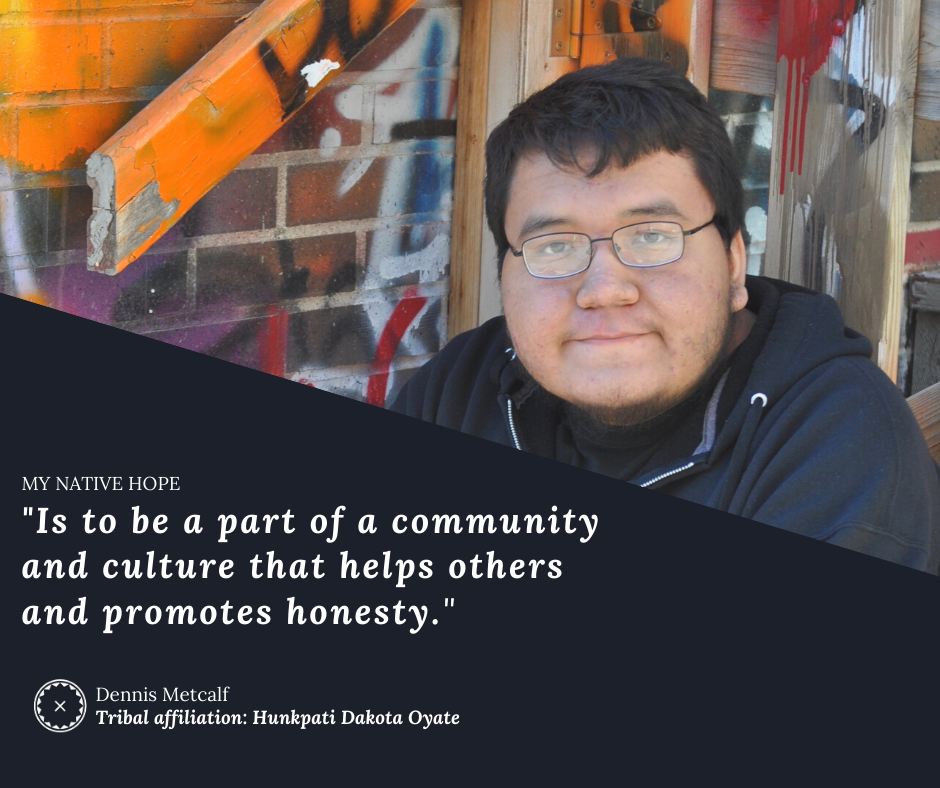
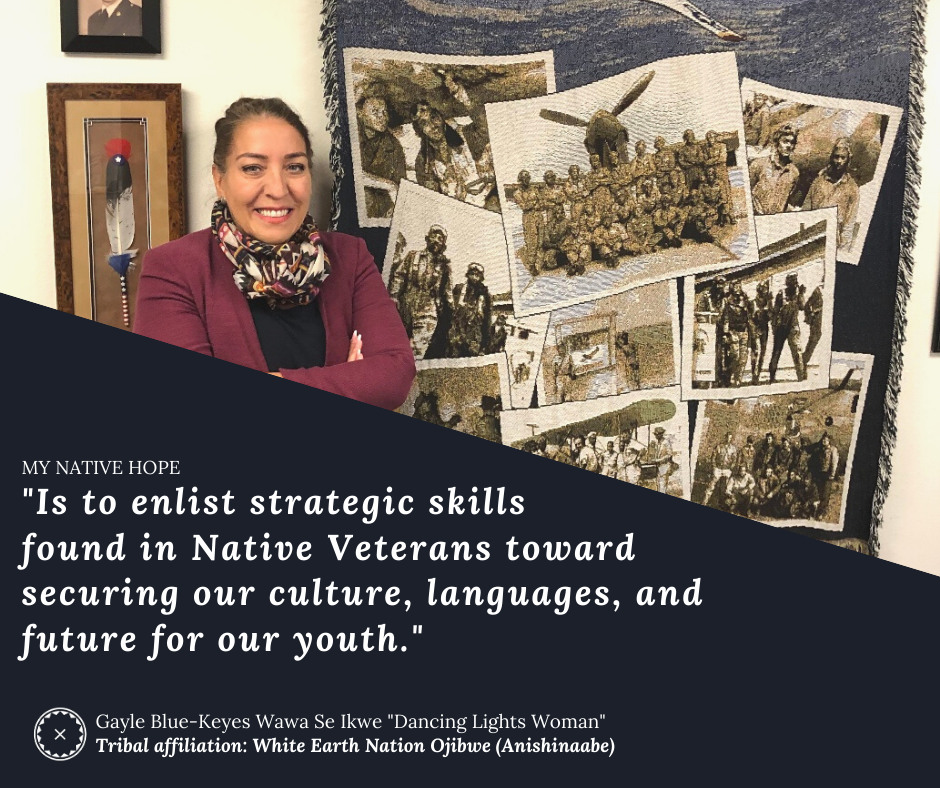
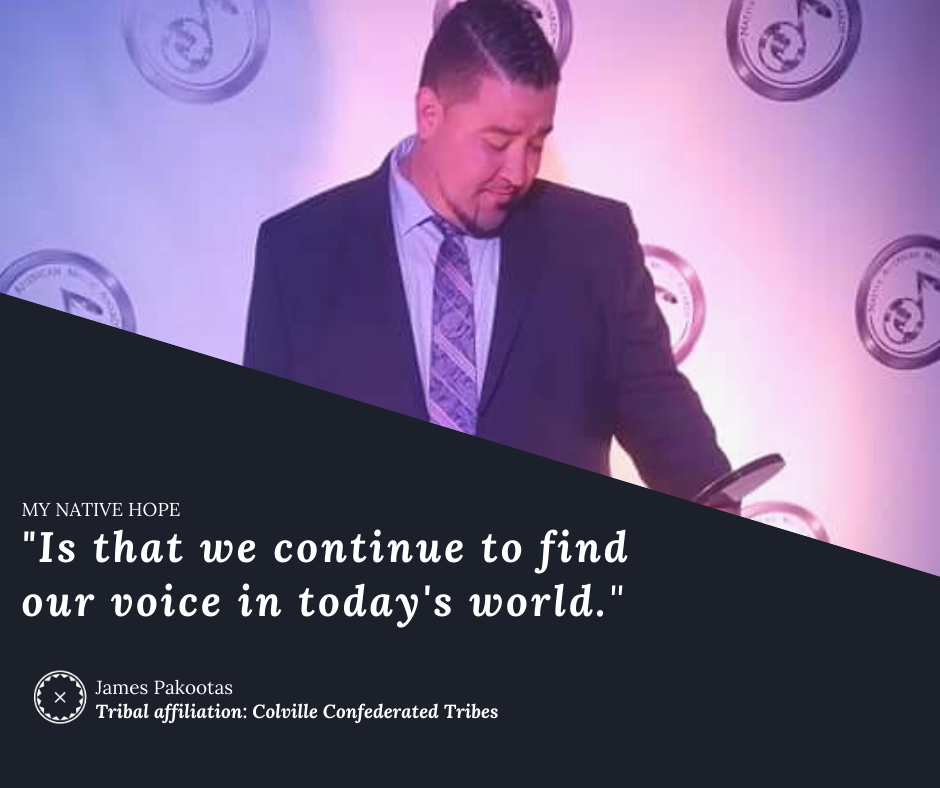
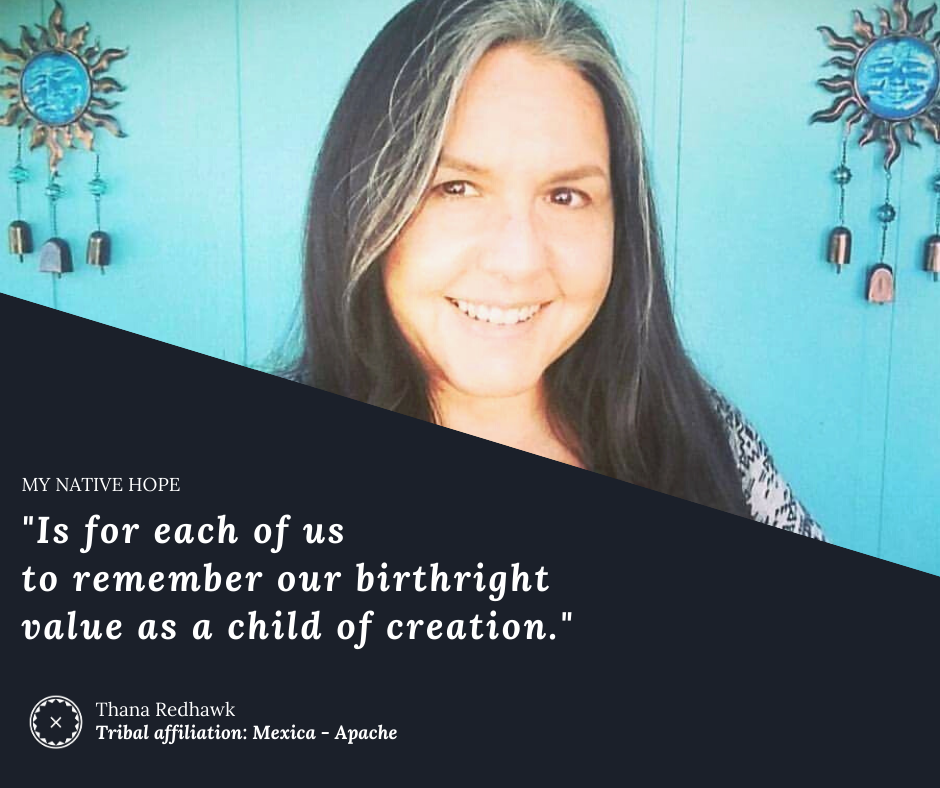
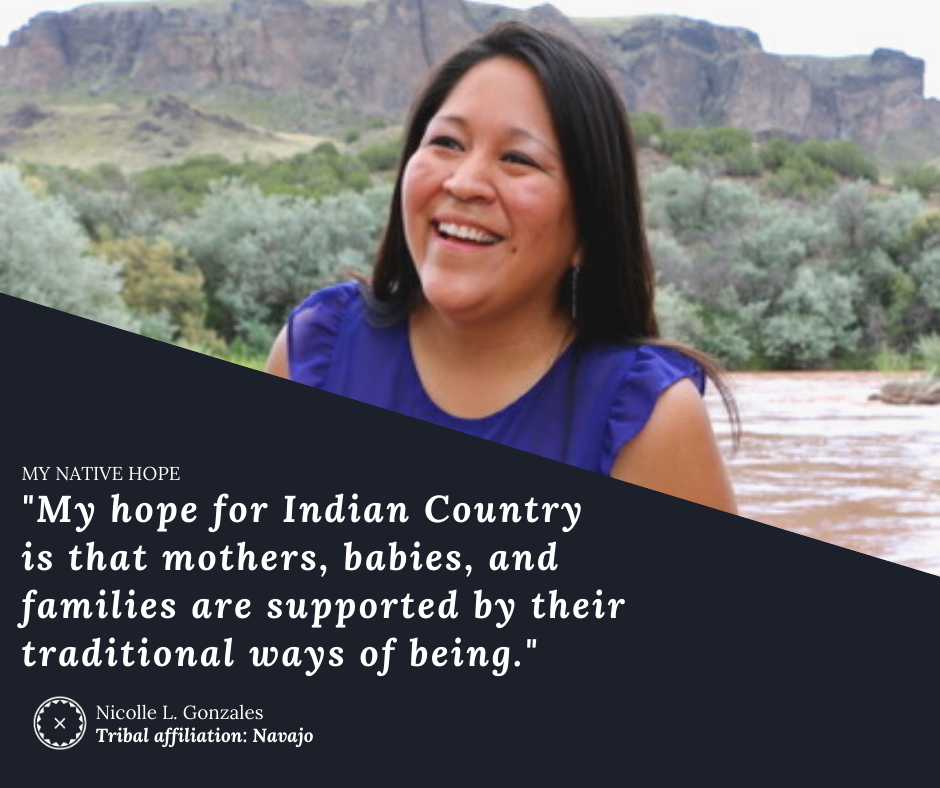
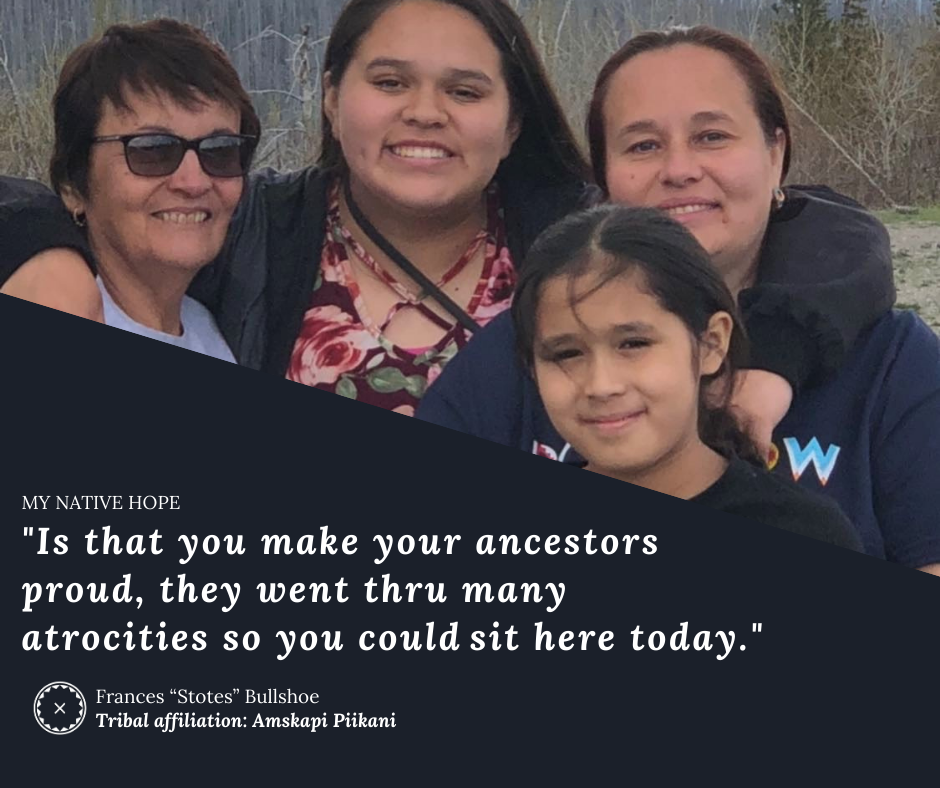
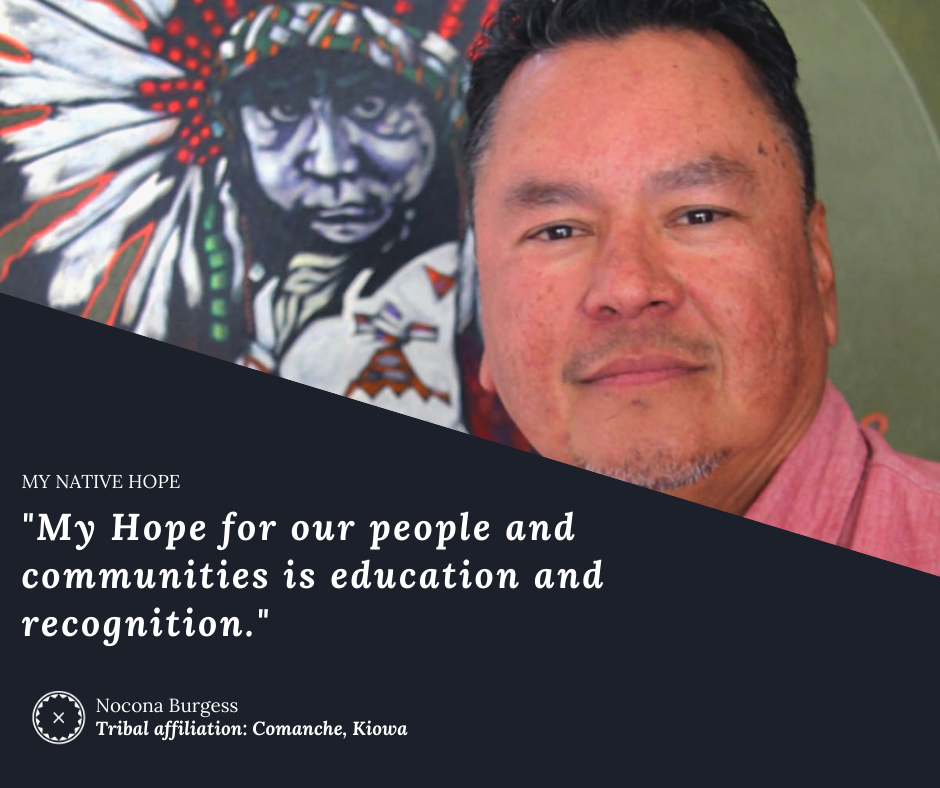
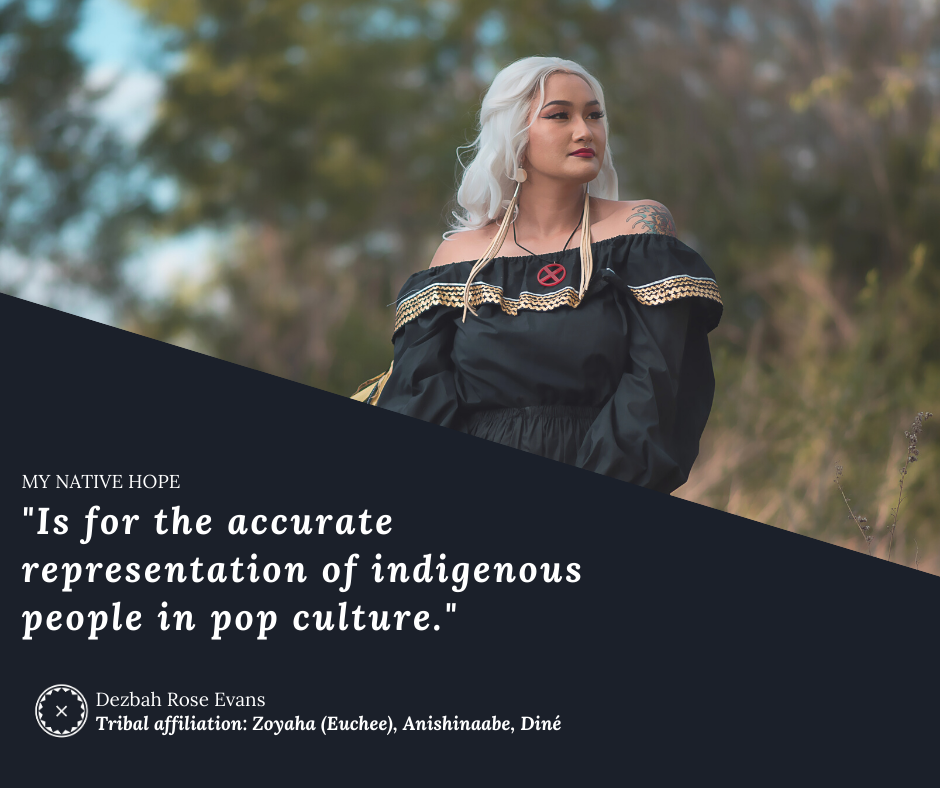
Leaders in Indian Country
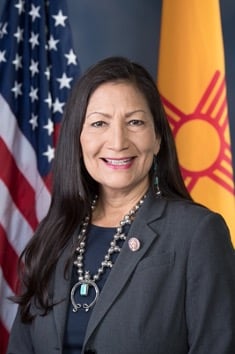 Deb Haaland, who served as the U.S. representative for New Mexico's 1st congressional district from 2019 to 2021, is in the habit of making headlines and history.
Deb Haaland, who served as the U.S. representative for New Mexico's 1st congressional district from 2019 to 2021, is in the habit of making headlines and history.
On March 15, 2021, President Joe Biden confirmed her as the Secretary of the Interior. What makes this even more remarkable is that she is the first Native American to serve as a Cabinet Secretary – ever.
Haaland is a proud member of the Pueblo of Laguna, one of the nineteen Pueblos that call New Mexico home. The Laguna have a long history in the Southwest and still continue many of their ancient traditions and culture on those lands.
Like many Native people, Deb Haaland’s life has not been easy – she struggled with homelessness, addiction, relied on food stamps to feed her family, and raised her child as a single mom. Those struggles give her perspective.
As a Representative for New Mexico for two years, Deb Haaland worked on progressive policy for environmental issues, renewal energy, and preserving indigenous lands.
“My vision is to have an impact that helps people thrive, protects our resources, and leaves a livable planet for future generations,” Haaland explains.
Read more about U.S. Representative Deb Haaland.
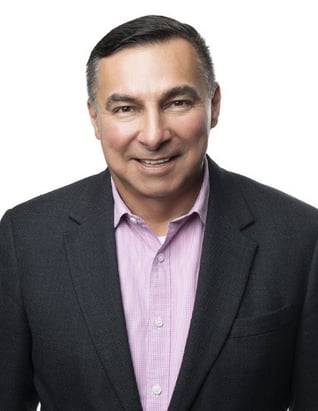 Mark Ford Joins Feeding America as Director of Native/Tribal Partnerships
Mark Ford Joins Feeding America as Director of Native/Tribal Partnerships
Mark Ford (Chiricahua Apache and Tewa/Tiwa, Pueblo) has joined Feeding America, the nation’s largest domestic hunger-relief organization, as Director of Native/Tribal Partnerships. Ford started on June 21 and is currently based in Phoenix, Arizona. As Director of Native/Tribal Partnerships, Ford will deepen the organization’s engagement with and understanding of native and tribal communities facing food insecurity.
“I have seen the good that Feeding America can do when food banks partner with communities they serve, and I’m thrilled to continue my work elevating the voices, experiences, and expertise of Native Americans,” said Ford. “Feeding America’s commitment to supporting and partnering with tribes –wherever we can – is an important step toward advancing equity and providing communities with greater access to culturally meaningful food. I look forward to establishing partnerships that will guide Feeding America as we address food insecurity in tribal communities.”
Read more about Mark Ford’s work on the Feeding America website.
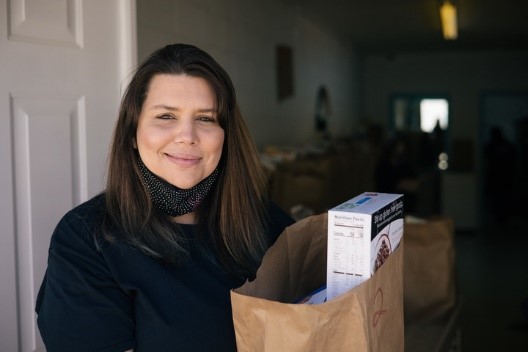 Sally Latimer, a member of the Monacan tribe, serves the communities around Madison Heights, Virginia, through the Monacan Indian Nation Food Bank. Latimer joined the food bank in 2018 and is now co-director, leading their outreach efforts and providing food to neighbors.
Sally Latimer, a member of the Monacan tribe, serves the communities around Madison Heights, Virginia, through the Monacan Indian Nation Food Bank. Latimer joined the food bank in 2018 and is now co-director, leading their outreach efforts and providing food to neighbors.
“Every time I hand a bag of food to someone, it’s me giving back just a tiny bit of what was given to me,” Latimer said. “For me, there is no more perfect job.”
Prior to the pandemic, they served up to 35 families each month. Today, their outreach is ten times that. One in four Native Americans is food insecure, and Monacans, Latimer said, have long been discriminated against in rural Amherst County.
“There’s a stereotype that people that go to food banks are lazy,” Latimer said. “The majority of the people that we serve are working people.”
Latimer and the staff deliver groceries to those who are sick or don’t have a car, and they call clients every week to check in and confirm appointments. They hold dinners for elders and hope to start a hot meals delivery program for low-income neighborhoods.
Fruits, vegetables and meats are the most commonly requested food items, Latimer said. Recently, in an effort to provide better quality foods to the community, they planted a garden and plan to distribute fruits and vegetables, including some traditional Monacan foods like Tutelo strawberry corn and amaranth.
“The work that Sally and the Monacan Indian Nation Food Bank are doing is an excellent example of how we can advance wellness initiatives through community involvement, while addressing food insecurity,” said Mark Ford, Director of Native/Tribal Partnerships at Feeding America. “It’s important we recognize the cuisine and the thriving food systems that were in place prior to colonization while promoting health and wellness in tribal communities.”



